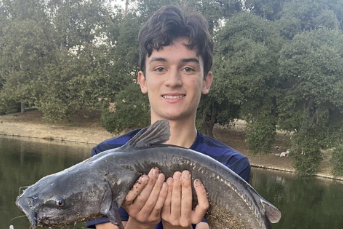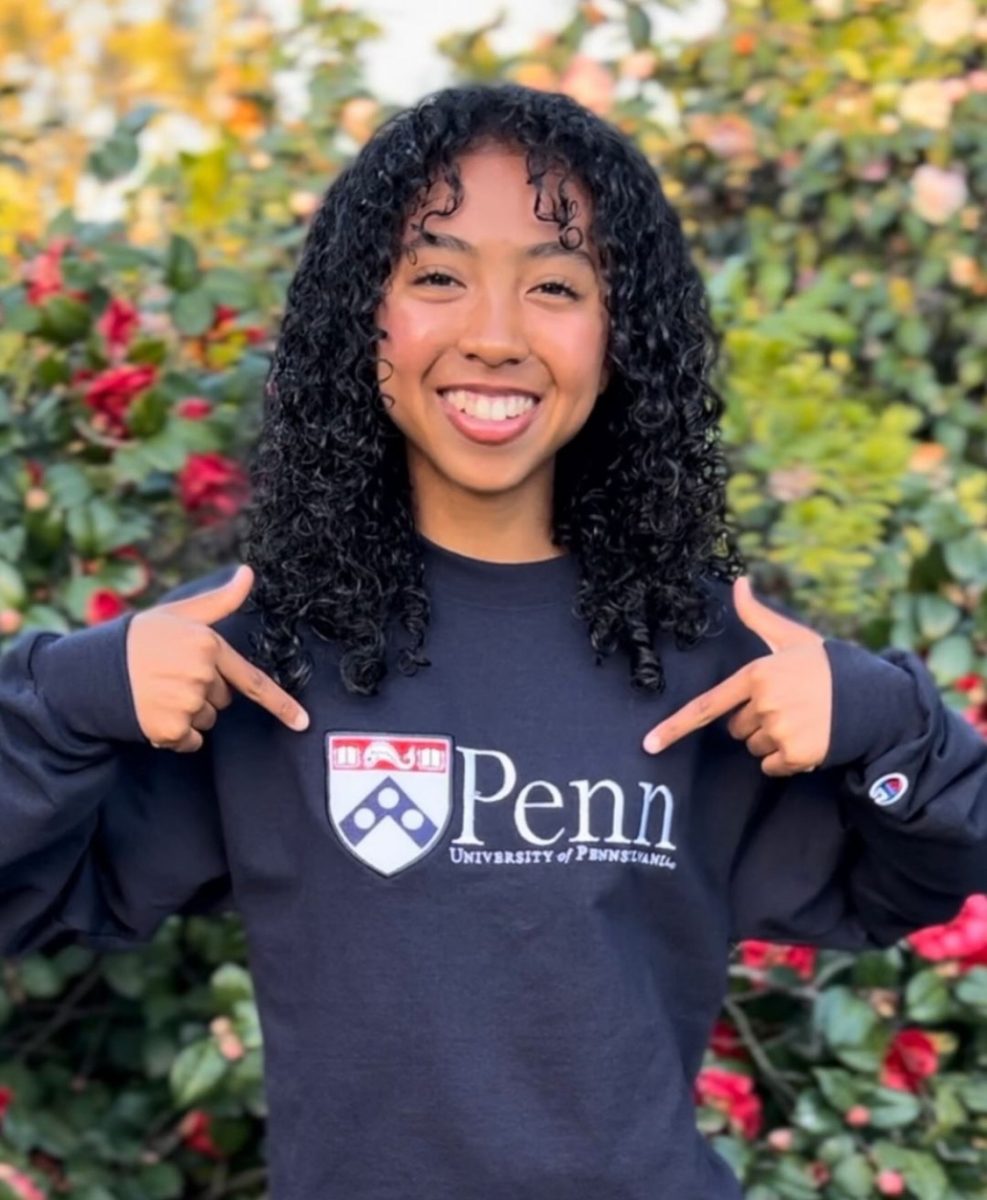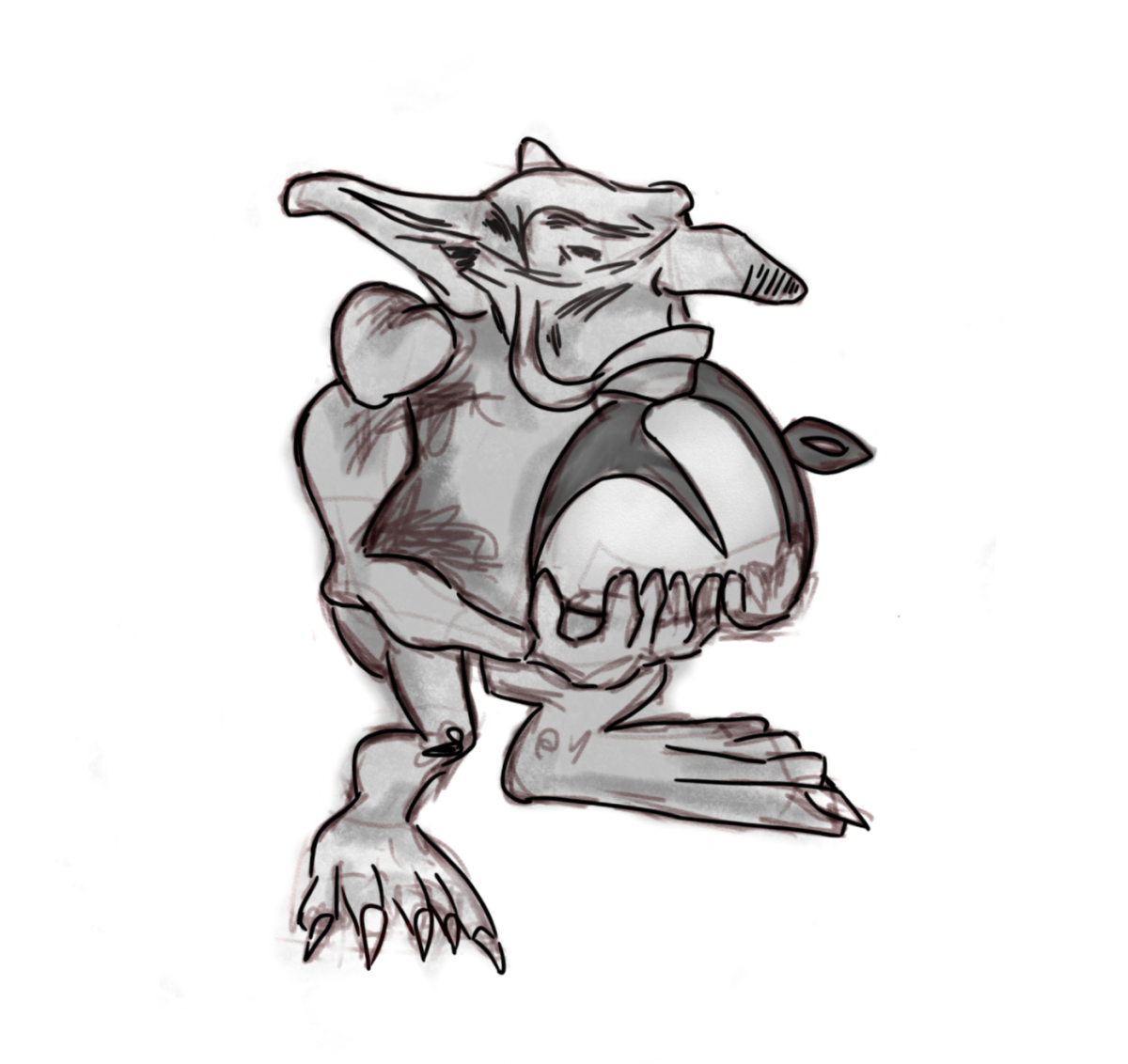CHS is full of extracurriculars and clubs that are cherished by students and staff. Through these activities, students can explore their passions beyond the classroom and begin to develop, harness new skills, and make lasting memories with their peers. However, the threat of a recent policy change regarding the sale of food on campus before 4 pm will affect the fundraising efforts of numerous clubs. While policies are meant to be for the betterment of the student body, this restriction will harm the existence of extracurricular activities on campus.
The California Department of Education recently introduced a policy that will ban the sales of competitive foods before 4 p.m on school campuses. They define competitive foods as foods that are distributed outside of the state-provided meals. These foods are noncompliant with the health standards of the state, which they deem to pose a health issue. While the policy has been around for a while statewide it has just been put in place at the local level.
There are a multitude of issues with this policy. First, fundraising events at school are essential for clubs on campus to survive and remain functional. These clubs rely on bake sales, food fairs, and snack sales to finance their activities and contribute to the school. The decision to restrict food sales before 4 pm not only disrupts their ability to raise funds effectively but it also diminishes the overall experience for students involved in these clubs. The policy states that competitive foods will only be allowed to be sold 30 minutes after school ends, so 4:00 for CHS. Pushing fundraising to after-school hours will decrease the amount of club participation and will discourage students from fundraising as that will require extra time at school which is an inconvenience.
With the new food ban in place, clubs will be limited in their fundraising efforts, essentially losing money in the short term and affecting their long-term existence. Most extracurriculars and clubs generate a hefty portion of their money through fundraising, meaning if this policy is put into effect locally, CHS clubs will suffer financially.
Historically, the Cookies for Compassion club organized bake sales that attracted students and faculty alike, raising substantial funds to support their needs. With the ban on food sales before 4 pm, they are left with limited options. Less students will be encouraged to attend these sales because it is after school hours. The decision will hinder their progress and stifle their ability to engage students in their fundraising activities.
Not just Cookies for Compassion, but several others such as the small club Creative Writing, and other larger clubs rely on food sales as a means to fund their creative endeavors. For instance, the Creative Writing Club uses these sales to purchase prizes for writing contests but with this ban, they will likely soon shut down because it hinders their ability to raise money for these events. These clubs have brought much happiness to Claremont High School students, but the food ban is, unfortunately, threatening their continued existence.
Moreover, the ban affects student morale. The ability to purchase snacks and meals is a small pleasure that students and staff enjoyed. It provides a sense of community and allows for socializing. Now, students find themselves with limited options for sustenance, which may lead to disinterest and decreased participation in club activities.
The dietary concern that these fundraising opportunities pose during school hours can be properly addressed but not this way. Potential solutions might include setting specific guidelines for the types of food that can be sold, or encouraging healthier alternatives during the daytime. By addressing these dietary concerns that the Department of Education has outlined, extracurricular clubs will still be able to fundraise.
The ban on food sales before 4 pm at CHS is a huge setback for clubs that rely on fundraising to support their activities if the administration follows through with the statewide policy. This decision not only threatens the existence of clubs but also diminishes the overall experience for students. It is essential for the school administration to reconsider this policy to find a better balance between health concerns and the vital needs of our clubs and student body.
California kills club funding with abusive policies
Donate to The Wolfpacket
$85
$500
Contributed
Our Goal
Hello there! Our goal is to provide relavent, engaging journalism for readers of all ages. Your donation will support the student journalists of the Wolfpacket at Claremont High School, and will allow us to purchase equipment, print our monthly issues, and enter in journalism competitions. We appreciate your consideration!
More to Discover
About the Contributor

Theo da Silveira, Assistant Sports Editor
Theo da Silveira is a Senior at Claremont High School and a Sports Editor for the Wolfpacket, entering his third and final year on the staff. In addition to his editor responsibilities and other journalistic duties, he also balances life as a Varsity soccer player. In his free time he enjoys fishing with his friends, especially for bass and catfish. One of his most cherished high school memories is clinching the Palomares League title his Sophomore year for the first time in almost ten years. He also enjoys committing himself to community service, whether it’s at the animal shelter, with the Spanish Honors Society or as Chess Club President. This year he hopes to close off high school with lots of new experiences and with a focus to succeed in the next 4 years of college. Most importantly, da Silveira looks forward to being a part of the Wolfpacket and continuing to print high quality issues.











